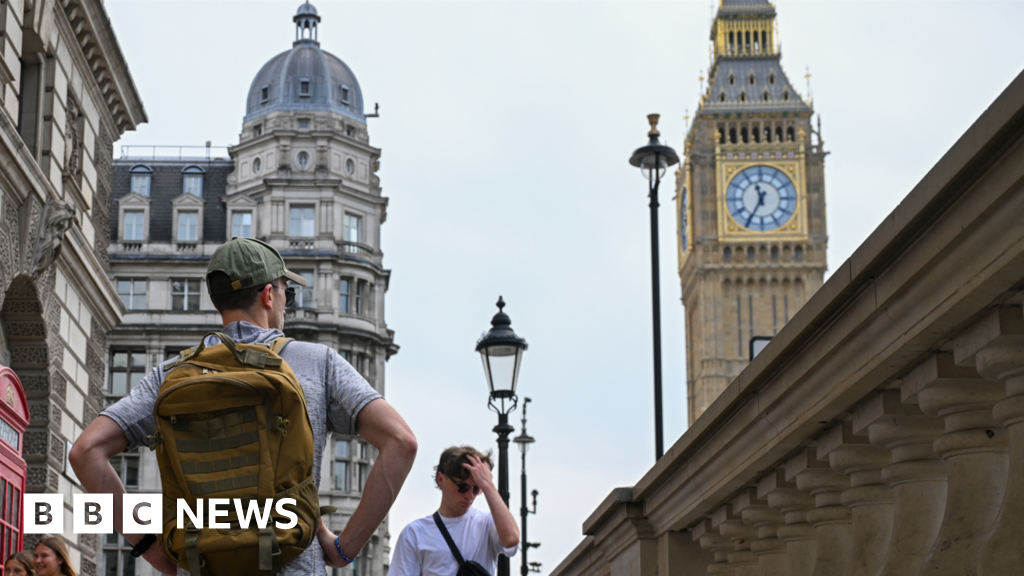Political reporter
Parliament’s expenses watchdog wants around 20 members of the public to take part in a review of how it sets MPs’ pay.
The Independent Parliamentary Standards Authority (Ipsa) says the “citizens’ forum” will help shape pay and expenses policy from next year onwards.
The group will meet four times in September, and make recommendations alongside a wider online consultation expected to run until the autumn.
Ipsa’s review will also look at how the pay of British MPs compares to politicians in other countries.
MPs’ basic salary is currently £93,904, following a 2.8% annual rise in April.
The watchdog is legally mandated to review how it determines MPs’ salaries and expenses following each general election.
Previous reviews have used online consultations to gather views, but this is the first time members of the public have been asked to participate directly in the process.
It is expected around 20 to 25 people will be recruited via a postal lottery of 10,000 addresses, with the aim of selecting a group that is broadly representative of the wider UK population.
Those taking part will be asked to make recommendations to Ipsa’s board as part of the review, which must conclude before April next year.
Ipsa says those taking part must be aged 18 or over, and do not need any prior knowledge, or an interest in politics.
The move is the latest example of a British body using a co-called citizens’ assembly model when making a decision, following its widespread use in Ireland.
It has previously been employed by the Scottish government to discuss constitutional questions after Brexit. Westminster committees have used it to decide recommendations on climate change and social care.
Supporters say the model can help make decisions more democratic, although critics have questioned the extent to which panels of volunteers are ever able to reflect wider views in the broader population.
The model had been tipped for wider government use after Sue Gray, Sir Keir Starmer’s then chief of staff, said Labour would use it to decide contentious issues such as where houses should be built and how to reform the House of Lords.
Ms Gray entered Downing Street after the election but was replaced after three months, and those plans appear to have been shelved.
Annual pay awards
Ipsa was created in the wake of the 2009 expenses scandal to take on the task of setting MPs’ pay, which was previously decided by MPs themselves.
The watchdog does not currently have a set formula for deciding MPs’ annual salaries. Instead, it says it balances data on public sector pay against the economic context, and pay in the “wider working population”.
In recent years it has experimented with linking annual awards, which take effect each April, to average public sector pay figures published the previous October.
However, it has not always stuck rigidly to using this figure.
In 2023, it recommended a higher pay rise for MPs, arguing the official data had failed to capture cost of living bonuses awarded elsewhere in the public sector.
This year, it recommended a lower rise, by linking its 2.8% rise to initial Treasury plans for the public sector, which have since been increased after the government accepted a series of recommendations from pay review bodies last month.
In a report published last year, Ipsa found that in 2023 British MPs were paid more than counterparts in countries including France and New Zealand.
But they were paid less than equivalents in Ireland, Germany, Canada, Australia and the United States, the survey found.
#Public #invited #decide #MPs #pay #set
latest news today, news today, breaking news, latest news today, english news, internet news, top news, oxbig, oxbig news, oxbig news network, oxbig news today, news by oxbig, oxbig media, oxbig network, oxbig news media
HINDI NEWS
News Source


